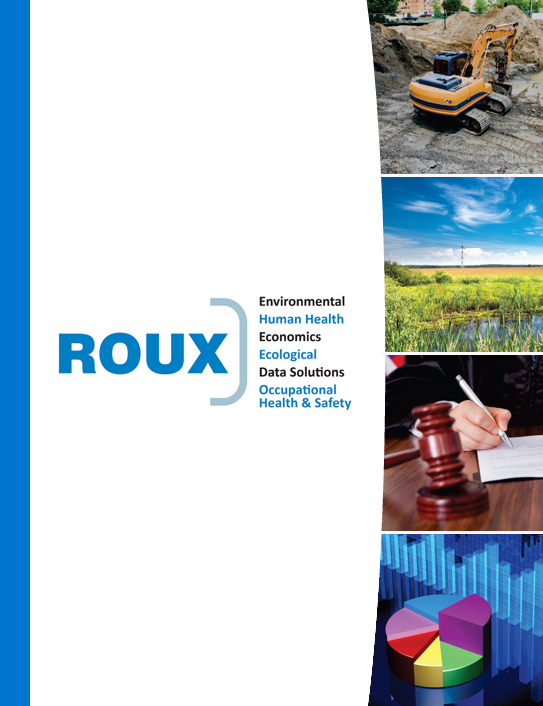European Chemical Agency Proposes Restriction of PFAS Chemicals
The European Chemical Agency, or ECHA, announced the submission of a proposed restriction on per- or polyfluoroalkyl chemicals, commonly called PFAS.
The proposal, slated for presentation to the European Commission in 2025, was drafted by representatives from the Netherlands, Germany, Denmark, Norway, and Sweden, and includes approximately 10,000 PFAS substances. PFAS are a class of chemicals found within a wide range of commercial, industrial, and consumer products.
The primary purpose of the proposal, according to the ECHA statement, is to keep harmful substances out of the environment. “All PFAS in the scope of the proposal are very persistent in the environment,” said the ECHA. “If their releases are not minimized, people, plants, and animals will be increasingly exposed,” leading to “negative effects on people’s health and the environment.”
The proposal warns that about 4.4 million tons of PFAS may end up in the environment over the next 30 years if no mitigating action is taken.
ECHA manages the implementation of the EU’s chemical legislation and advises the EU on assessment and regulation of harmful chemicals. This proposal is only the first step in a lengthy process—internal ECHA committees must approve the proposal, then there will be a scientific evaluation, followed by another evaluation by ECHA committees, before the opinion is sent to the European Commission.
In the US, the United States Environmental Protection Agency (USEPA) has also begun proposing and implementing policies to limit the use and increase oversight of PFAS. Actions taken include requiring risk assessments on starting or resuming use of 300 “inactive PFAS,” adding to two PFAS chemicals to CERCLA (the Comprehensive Environmental Response, Compensation, and Liability Act of 1980, commonly known as “Superfund”), and a federally funded grant program to address contaminants, such as PFAS, in drinking water.
